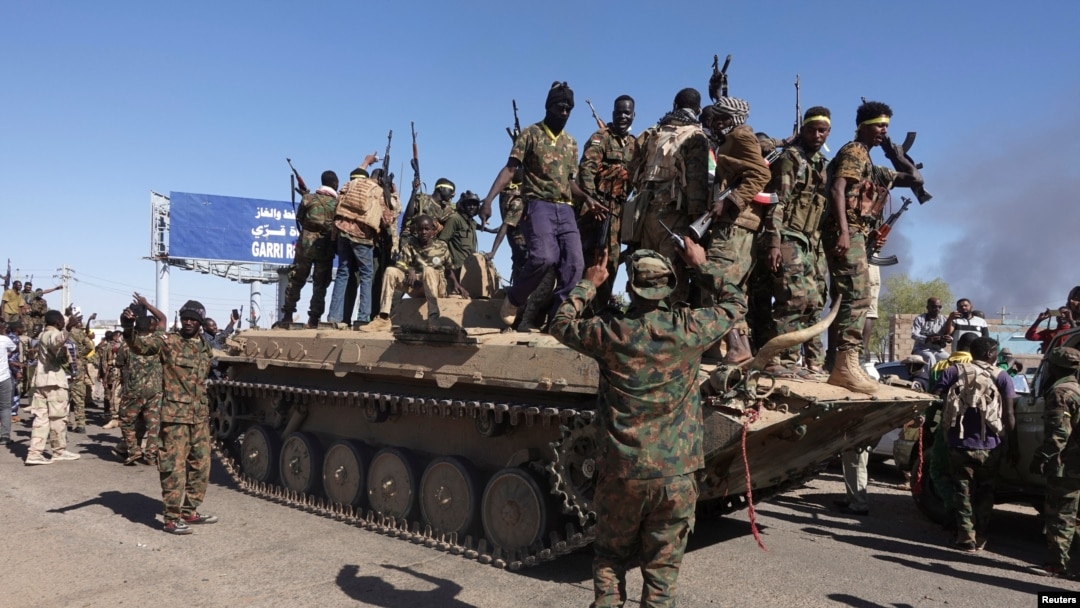Autopsy of Sinwar finds no evidence of drug use

Libya: Dbeibah says he will only resign if elections take place
The Israeli military’s autopsy of Yahya Sinwar’s body found no evidence that the former Hamas leader had used drugs, The New Arab reported on February 21st.
Forensic tests confirmed that his blood contained no traces of narcotics, but found that he had consumed a large quantity of caffeine before his death in October, according to Israeli media.
Israel has previously claimed that Sinwar and other Hamas militants used captagon, an amphetamine that Syrian and Iraqi fighters have taken to enhance combat performance.
Sinwar was killed in October 2024 when a tank shell struck the building where he was taking shelter, in Rafah City. An initial autopsy showed that he had gone without food for three days before his death and that he remained alive for several hours after being shot in the head.
However, the pathologists reportedly decided not to remove the bullets in his head. Israel is keeping his body in a location that has not been disclosed.
His younger brother, Mohammed, who now leads Hamas in Gaza, has insisted that Israel hand over his body as part of any ceasefire deal to permanently halt the conflict – a request that Israel has refused.
In a related development, Reuters reported that on February 15th, three Israeli hostages were freed in a prisoner swap that saw 369 Palestinian detainees released by Israel.
Meanwhile, Israeli media reports suggest that Mohammed Deif, the former commander of Hamas’ military wing, had considered cancelling the October 7th 2023 attacks—known as Operation Al-Aqsa Flood—just hours before they were carried out.
In an article about an internal Israeli military investigation, Yedioth Ahronoth claims that Deif feared Israeli intelligence had organised a surprise attack for his forces, and nearly canceled the assault at 5 am on October 7th.
The report, which uses internal documents and interviews with senior officials who took part in mediating the ceasefire negotiations between Israel and Hamas, is part of a broader series of articles examining Israel’s intelligence lapses leading up to the attack.
It also asserts that Deif and Sinwar had established a “Small War Council” to maintain the secrecy of the plans.
Deif, reportedly referred to as “Brother Haj Ali” in Hamas’ internal records, was killed in an Israeli operation in 2024.
Although Israel claimed to have assassinated him in July, Hamas only confirmed his death in January.
Deif played a key role in the establishment of the al-Qassam Brigades in the 1990s and commanded them for over 20 years.
He was among five individuals— within Hamas and the Israeli government—who were issued arrest warrants by the International Criminal Court (ICC) in 2024, over alleged war crimes and crimes against humanity.
He was reportedly killed alongside one of his leading commanders, Rafa Salama.
The New Arab
Want to chase the pulse of North Africa?
Subscribe to receive our FREE weekly PDF magazine














